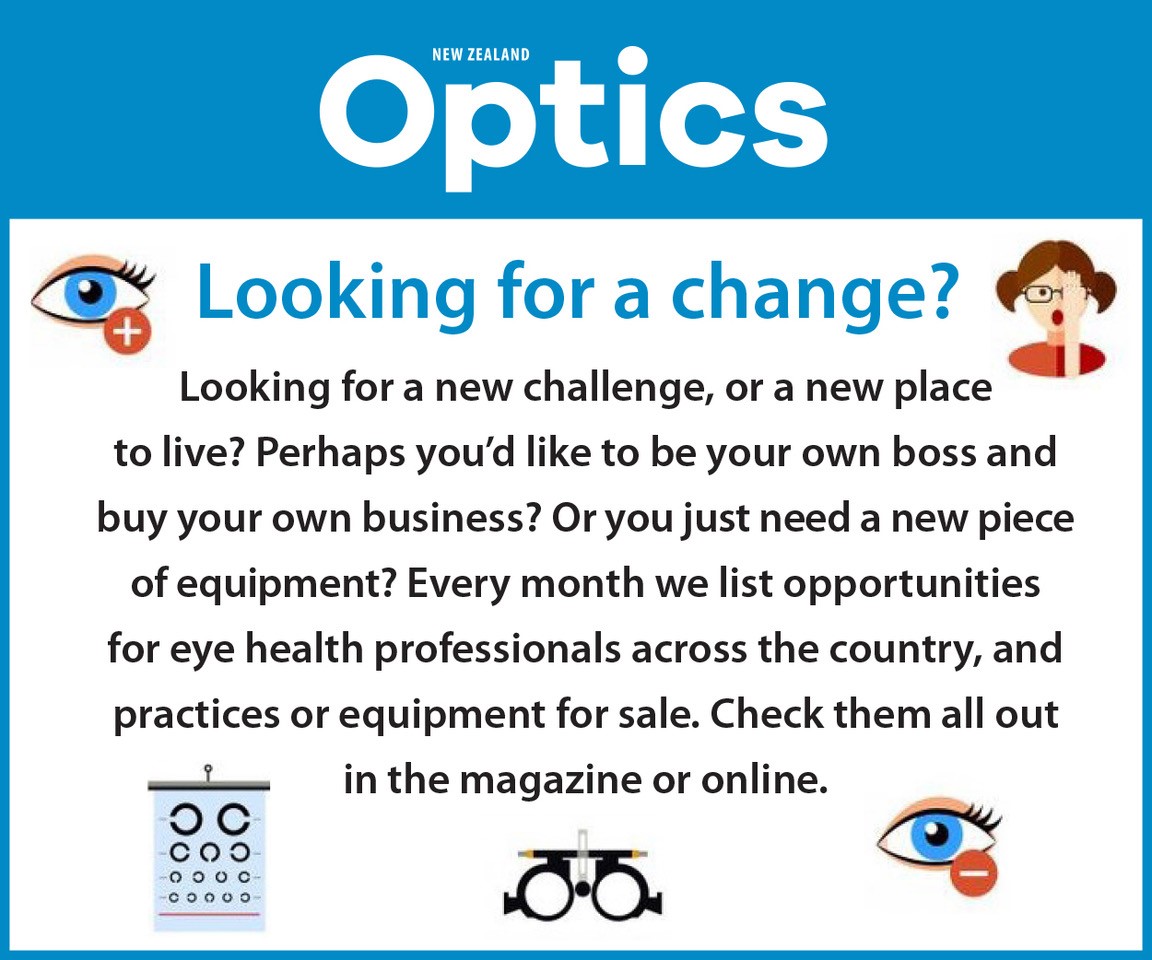Demand for orthoptists unrecognised
The orthoptics profession is in high demand in New Zealand with a staggering one fifth of the clinical positions (five of 26) nationwide currently vacant. Yet the orthoptics profession does not appear on the skilled shortage list in New Zealand.
Carly Henley, president of the New Zealand Orthoptics Society Incorporated (NZOSI) says orthoptics’ services are extremely stretched geographically and, recognizing the need, NZOSI has asked the government to add the profession to the skilled shortage list.
In Australia, orthoptics is listed on the short-term skilled occupation list. There are currently 500 orthoptists practising and demand is predicted to exceed output in the next few years. In New Zealand there are currently two vacancies for orthoptists in Auckland, two in Dunedin, one in Hamilton and one in Christchurch, all within district health boards, except one in a private eye hospital.
As there is presently no orthoptics training institute in New Zealand, orthoptists that practice in New Zealand have trained ether in Australia or the UK. In Australia, the course is a two-year, full-time technical course with a clinical placement, which is offered by the University of Technology in Sydney or La Trobe University in Melbourne. In the UK, the course comprises three years full-time study with a six months honours extension offered at the Universities of Liverpool or Sheffield. The courses equip graduates with the skills to diagnose and manage eye conditions, including strabismus, amblyopia, traumatic injuries, tumours, head injuries, diabetes and strokes, in a range of patients from newborns to the elderly. In New Zealand, almost all orthoptists practicing have been trained in the UK.
With only 26 orthoptic positions countrywide a training institute is currently not a viable option, but Henley admitted the geographical gaps and the busy, stressful clinics for those few practicing orthoptists across the country are a problem. “The situation is concerning and getting a course registered is tricky,” she said, adding she would like to evaluate distance learning and hospital placements as an option for at least part of an orthoptics course here in New Zealand.
She would also like to see more continuing professional development options for orthoptists in New Zealand. “Orthoptists are a very important group of clinicians who play an essential role in the management of ocular muscle imbalances and paediatric eye conditions.”
























